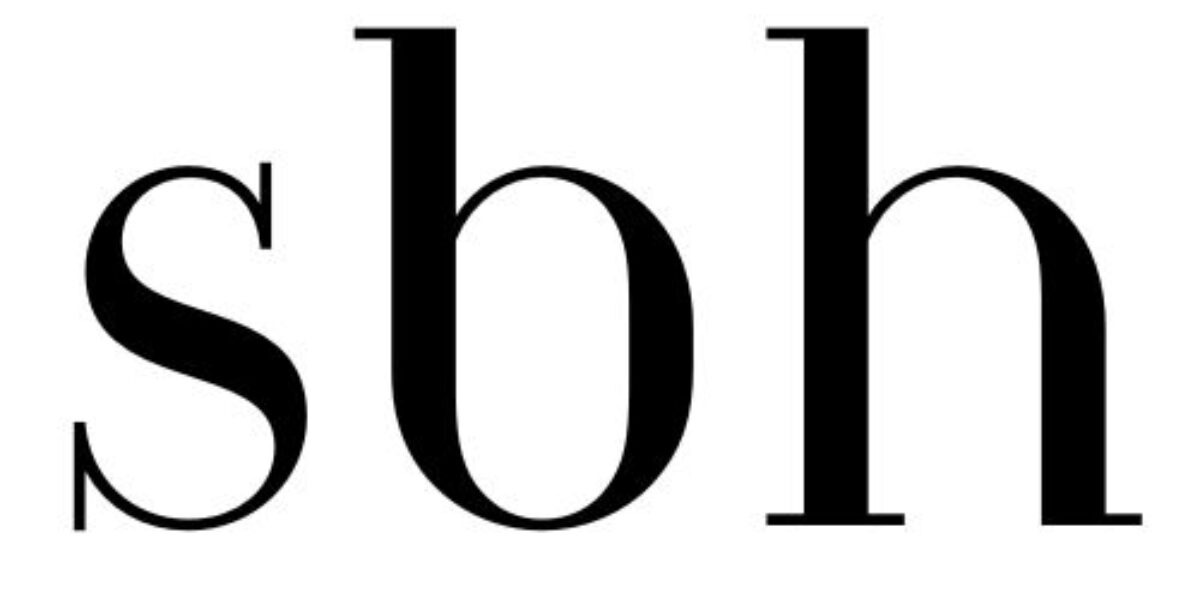You’ve come up with a brilliant business idea—one that’s creative, unique, and full of potential. Naturally, you’re excited and want to share it with others to get their opinions. But what happens if someone takes your idea and turns it into reality before you even get started? Protecting your idea from being copied or used by others without your permission is where intellectual property (IP) comes in.
So, what exactly is intellectual property, and why is it important? According to the World Trade Organization, intellectual property rights are “the rights given to persons over the creations of their minds.” In simpler terms, it means you have the legal right to control how your ideas, inventions, designs, or brand names are used. These rights ensure that your hard work and creativity don’t get stolen or misused, giving you exclusive control over how your idea is commercialized for a certain period.
If you have an idea you want to protect, you’ll need to formally register it as your intellectual property. In South Africa, this is done through the Companies and Intellectual Property Commission (CIPC). Registering can be a complex process, and it might be worth consulting a legal expert to make sure everything is done correctly. While not all business ideas require formal IP protection, certain unique aspects of your business might—such as an invention, brand name, or original design. Let’s explore when it’s necessary to register your intellectual property and the types of protection available.
When is it necessary to register your intellectual property?
If your business idea is something common, like opening a spaza shop or running a chicken farm, you likely won’t need to worry about intellectual property rights. However, if your idea involves something unique that others could easily copy, it’s worth considering. For example:
Brand Names and Logos
Your brand name and logo are often the first things people notice about your business. A strong, memorable brand identity can be the cornerstone of your business idea, helping you stand out in a crowded market. For instance, if your business idea is to create a line of eco-friendly skincare products, registering a unique name and logo not only protects your brand from being copied but also helps build trust and recognition among customers. A registered trademark gives you the confidence to expand your business into new markets or launch additional product lines without worrying about someone else profiting from your hard work. A strong brand identity often becomes a business’s most valuable asset, paving the way for long-term success.
Inventions:
If you’ve developed an innovative product or technology, protecting it with a patent can be the foundation of a successful business. For instance, if you’ve invented a water purification device tailored to rural South African communities, a patent ensures that only you have the right to produce and sell it. This exclusivity creates a competitive edge, allowing you to establish yourself in the market without fear of copycats. Business ideas based on patented inventions often appeal to investors and partners, as the protection provides a layer of security for their investment. Additionally, licensing your patent to other companies could create an income stream without needing to manufacture the product yourself.
Designs or Written Work:
For creatives, your designs and written work can be at the heart of your business idea. For example, if you’re a fashion designer with a signature style or a unique pattern, registering your design protects it from being copied by competitors. This protection lets you confidently market your products, knowing your originality sets your brand apart. Similarly, if you’re an author or content creator, your work may form the backbone of a blog, book series, or educational program. While copyright often applies automatically, registering a design for functional or aesthetic creations adds an extra layer of protection, making it easier to scale your business and build a recognizable brand.
Why Intellectual Property Matters
Registering your intellectual property not only prevents others from profiting off your hard work but also adds value to your business. A patented invention, a trademarked name, or a copyrighted design can make your business stand out and give you a competitive edge in the market. It also reassures customers, investors, and partners that your business is legitimate and unique.
So, before you share your big idea with the world, take a moment to think about how you can protect it. Intellectual property is your shield against copycats and a tool to ensure your creativity works for you—not someone else.
